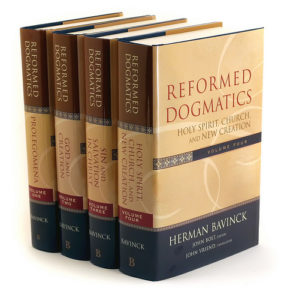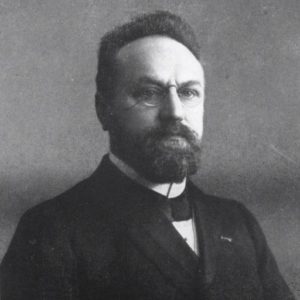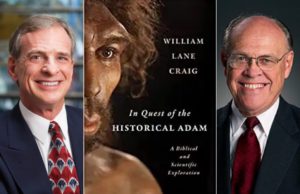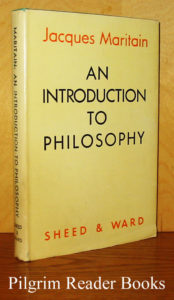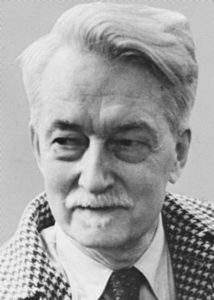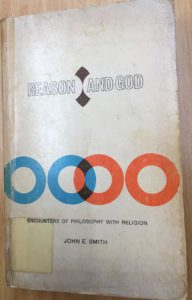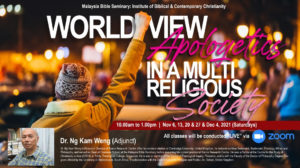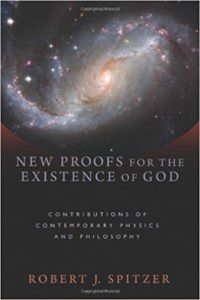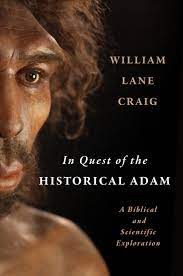
This post should not be construed as an attempt to cast doubts on William Lane Craig’s (WLC) commitment to evangelical orthodoxy or to minimize his immense contribution to the intellectual defence of Christian faith. It only seeks to demonstrate how the tension between WLC’s apologetic impulse and theological formulation of doctrine may cause confusion for his readers, based on an analysis of his recent article published in First Things, “The Historical Adam.”
On the one hand, WLC’s categorization of the Genesis 1-11 as “mytho-history” raises questions about the existence of the historical Adam:
1) Regarding the book of Genesis
– “The primaeval history of Genesis 1–11, including the stories of Adam and Eve, functions as Israel’s foundational myth, laying the basis of Israel’s worldview…Rather, the claim is that the primaeval narratives belong to the genre of myth principally on the basis of their sharing common mythic themes and their effort to anchor present realities in the deep past.”
“In terms of genre, Genesis 1–11 has key characteristics of myth…On the basis of comparative studies of Sumerian literature, the eminent Assyriologist Thorkild Jacobsen proposed that we recognize a unique genre of literature, which he dubbed “mytho-history…If Genesis 1–11 functions as mytho-history, then these chapters need not be read literally. The accounts of the origin and Fall of man are clearly metaphorical or figurative in nature, featuring as they do an anthropomorphic deity incompatible with the transcendent God of the creation account…Then there is the infamous snake in the Garden.” /1/
“Since the Pentateuchal author [is the use of the singular evidence of WLC’s evangelical commitment?] has an interest in history, he intends for his narrative to be at some level historical, to concern people who actually lived and events that really occurred. But those persons and events have been clothed in the metaphorical and figurative language of myth. If the stories are not meant to be read literally, what central truths do they convey?
After listing ten central truths conveyed by the Pentateuchal author on the nature of God, man and sin, WLC concludes, “Such truths do not depend upon reading the primaeval narratives literalistically.” Continue reading “William Craig on the Historical Adam. Apologetics Impulse vs Doctrinal Formulation”


